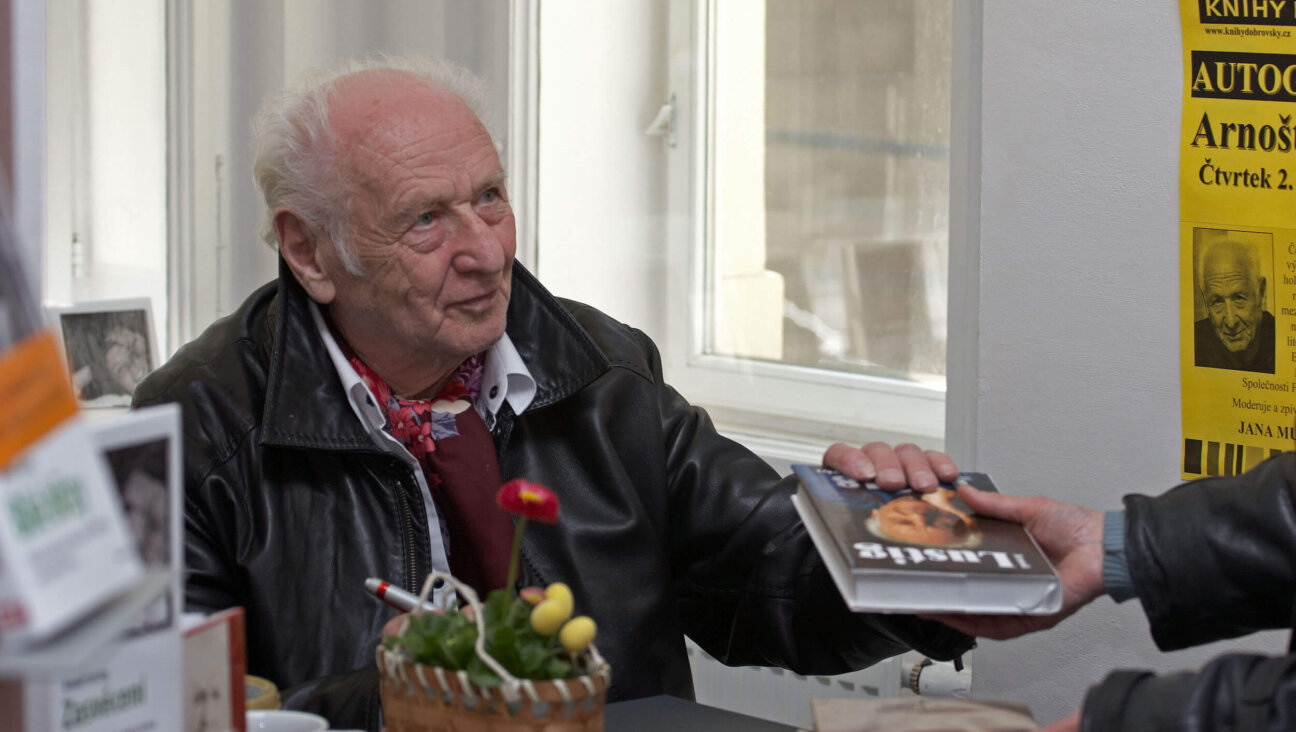Beginning Anew After Decades Of Tyranny
As American casualties in Iraq mount and suicide bombings grow ever more horrific, many Americans are asking whether the war to remove Saddam Hussein from power was worth its costs. We should remember to factor into our calculations, however, the fact that for Iraqis the war brought an end to decades of tyranny. We also shouldn’t lose sight of the tremendous progress that has been achieved in Iraq during the past year.
Since the liberation of Iraq, I have been back to my ancestral homeland three times. My first trip was last April, 19 days after the fall of Baghdad, and my most recent visit was earlier this month. With each visit I have seen Iraqis reclaiming their lives and country in spite of the wave of suicide attacks and bombings.
This change is visible in how private business is thriving in Baghdad and other parts of the country. All one has to do is drive through the Karada district of Baghdad, where sidewalks are overflowing with all kinds of merchandise imported from all parts of the world. Construction of new businesses and homes is also booming in most parts of the city. Iraqi businessmen no longer fear that if they are successful they will have to pay off Saddam’s cronies to stay in business.
On a recent trip to the two holiest cities of Shiite Islam, Karbala and Najaf, I saw Shiite pilgrims visiting, many for the first time, from all over the Muslim world, including Iran, Afghanistan and Pakistan. These two holy cities have become the Shiite hot spots for religious tourism, surpassing even Mashhad in Iran. New hotels are being built around shrine areas to accommodate the influx of pilgrims and are a sign of things to come.
Karbala and, particularly, Najaf are also slowly reclaiming their historical status as the centers of traditional Shiite learning. Seminary students are flocking to these cities from all over Iraq and the Shiite world. Walking through the narrow alleys of Najaf, I was struck by the bookstores I saw filled with students buying books. Under Saddam it was unheard of for Shiite books to be bought and sold, let alone studied publicly.
But what I noticed most this month was that Iraqis I met with felt much safer going out and about in Baghdad. This was mainly due to the increased visibility of Iraqi police and the new military throughout the city. I saw more women, many unveiled, driving and walking alone during the day than I had previously over the summer. In other words crime is down and people are beginning to feel safer going about their business.
While suicide bombings and attacks on Iraqis working with the U.S. authorities are up, the feeling on the streets of Baghdad is that you are generally safe so long as you don’t work with the Americans. Still, jobs with the Coalition Provisional Authority remain highly coveted.
Curriculum reform is underway for primary and secondary schools. Students no longer have to learn about Saddam and his fictional heroics. An entirely new civics curriculum is being developed based on teaching individual rights and democratic principles. Students actually look forward to going to school now.
Most importantly, Iraq now has a new interim constitution, which includes a bill of rights unprecedented in the Arab world and requires that at least one-quarter of the seats in the new parliament be held by women (albeit falling short of the 40% Iraqi women lobbied for). This constitution, despite the misgivings of Ayatollah Ali al-Sistani, is an important first step toward sovereignty and self-rule.
All this is not to say that the current situation in Iraq is entirely rosy, but given the 35 years of dictatorship and brutality, including three major wars under Saddam, endured by the Iraqi people, it is quite astonishing that life — even normality of some sort — has begun to return to the new Iraq.
Ahmed H. al-Rahim teaches Arabic language and literature at Harvard University and is a member of the board of the American Islamic Congress.












